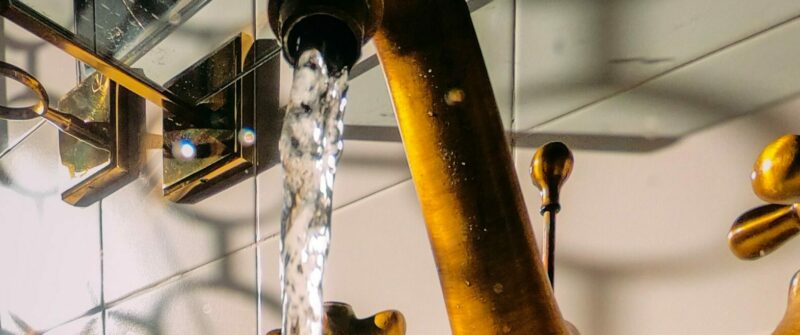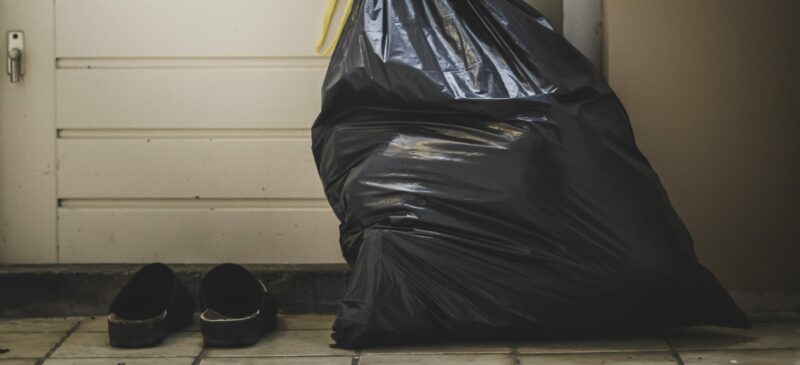All residential halls have building perimeter treatments performed twice annually for any ants and rodents.
With any pest control issues please be sure to submit a work order with your room information and Facilities along with our external pest control contractor will come out to address the issue.
If you’re new to the college this semester or have any issues accessing the work order system notify one of your CAs or your Residence Director.
As a way to help prevent any unwanted guests here are some tips to follow:
Keep food sealed

Store food in sealed containers to protect it from pests. Rodents, roaches and other pests can easily detect food. To keep your food safe and to make your dorm as uninviting to pests as possible, keep your food sealed in heavy duty plastic containers. Mice and other rodents can sometimes chew through the inexpensive food containers, so you might want to invest in a more heavy duty plastic.
Vacuum and dust

Vacuum and dust regularly to keep a tidy, dust-free room. Vacuuming and dusting on a regular basis cuts down on pests by making the space unappealing to bugs and other pests. Dusting and vacuuming will eliminate insect webbing, remove insect eggs or larvae too small to see and definitely food crumbs that pests like to eat.
Check screens for tears and holes

Inspect window screens for tears and holes and ask for a replacement if necessary. Window screens offer protection against pests, but their protection is minimized when there are holes and tears in the screens. Lots of pests get into buildings through this entryway. If you think your window screen needs replacing, submit a work order.
Pick up clutter

Keep clutter to a minimum to remove harborage points. Water, food and shelter are things every creature needs to survive. Pests like cockroaches thrive in places where there are a lot of harborage points. Leaving clothes, papers, books or shoes littering the floor in your hall provides plenty of shelter for pests like cockroaches or mice. So keep your room tidy!
Wash and dry dirty dishes

Wash, dry and put away dishes to keep pests out. Dirty dishes can provide sustenance for potential invaders, and dishes that are left wet can provide water for them, too! Wash your dishes right after you dirty them. Don’t wait a week before you decide to wash a dish. Your dorm and your roommate will thank you.
Get rid of moisture and standing water

Keep tabs on leaky pipes and faucets. You may need to contact maintenance to fix the issue. Again, every creature needs food, water and shelter to survive. When we leave out cups of water or sugary drinks, we provide an opportunity a pest is sure to take advantage of. You should also take note of any leaky faucets or pipes and submit a work order if needed.
Take out trash

Keep trash sealed, and take it out regularly. While we know you already know this, sometimes, the trash can get away from us. The trash is a prime location for pests. It can become its own ecosystem to support a myriad of pests! You should keep your trash in a sealed receptacle and take it out regularly to keep pests away and your room smelling clean.
Submit a work order for pest control by including:
- description of the location
- building name
- apartment or room number
- reason for the work
Pest control visits and treatments will take place on Tuesdays and Thursdays.
